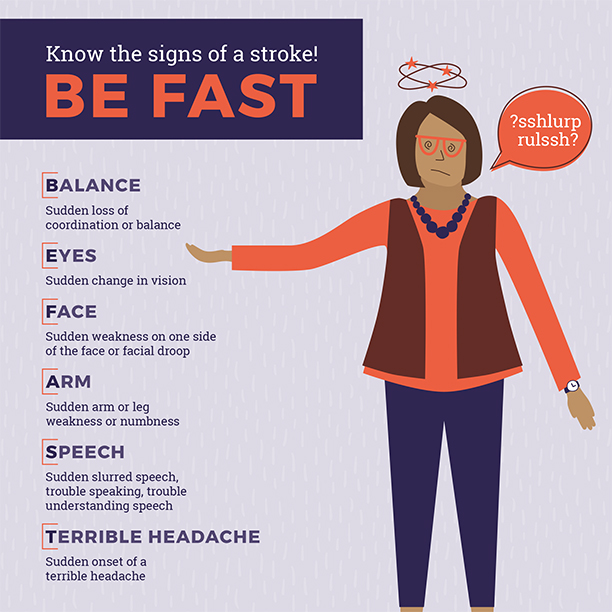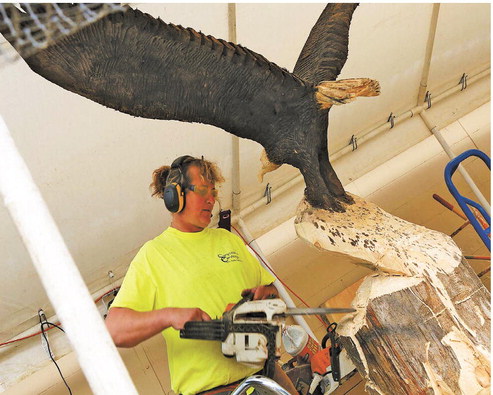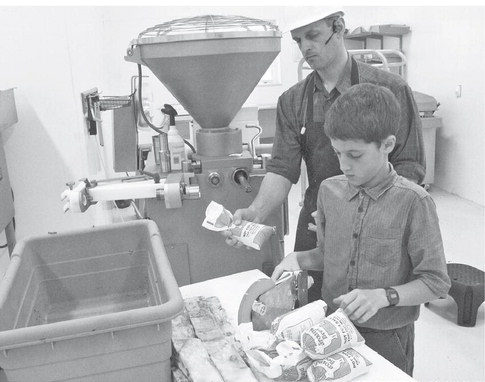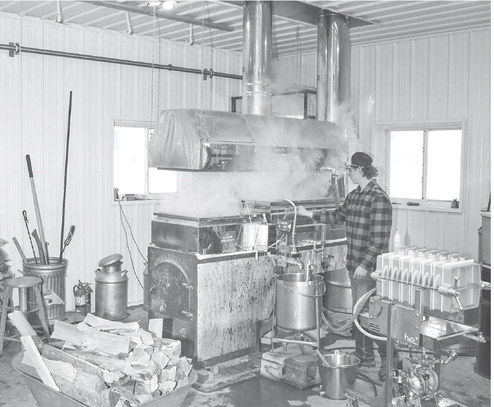Stroke prevention can help eliminate life-changing risk


The Wisconsin Department of Health Services (DHS) is continuing to raise awareness about prevention, treatment and recovery from stroke, by launching an expanded statewide public awareness campaign. The campaign’s goal is to teach people how they can reduce their stroke risk, how to know if someone is having a stroke, and to act quickly if they or someone near them, is having a stroke.
This expanded campaign comes, as data shows stroke is the fifth leading cause of death in the United States. Each year, in Wisconsin, about 11,000 people will have a stroke and 2,700 will die.
A stroke occurs when the flow of blood to the brain is reduced or blocked, resulting in the brain not getting the oxygen and nutrients it needs to function properly. This causes damage to parts of the brain within minutes, making awareness of how to prevent stroke, and how to respond to stroke symptoms critical to quality of life and survival.
“Strokes are largely preventable,” said Jasmine Zapata, chief medical officer for the DHS Bureau of Community Health Promotion. “While it’s important to know how to spot a stroke when it’s happening, we also want to share what people can do to reduce the chances of having one.”
The campaign features two characters, who offer lifesaving messages. Existing BE FAST Bella ads will continue to educate Wisconsinites about the signs of stroke, including changes to a person’s Balance, Eyes, Face, Arm, Speech and a Terrible headache.
New to the campaign, is Risk Factor Rick, who shares important information about what people can do to reduce the chance of having a stroke, like exercising more, monitoring blood pressure, quitting the use of commercial tobacco products, limiting the amount of alcohol they drink, and eating more fresh fruits and vegetables.
The ads also encourage people to dial 911, immediately, if they think they or someone they know, is having a stroke, to get care quickly.
“Our own health really starts in our homes, schools and communities,” said healyh officer Paula Tran. “We’re working with public health partners across Wisconsin, to support communities in their efforts to prevent stroke, by making healthy choices possible and accessible.”
For more information about to help prevent and respond to strokes, visit dhs.wisconsin.gov.



